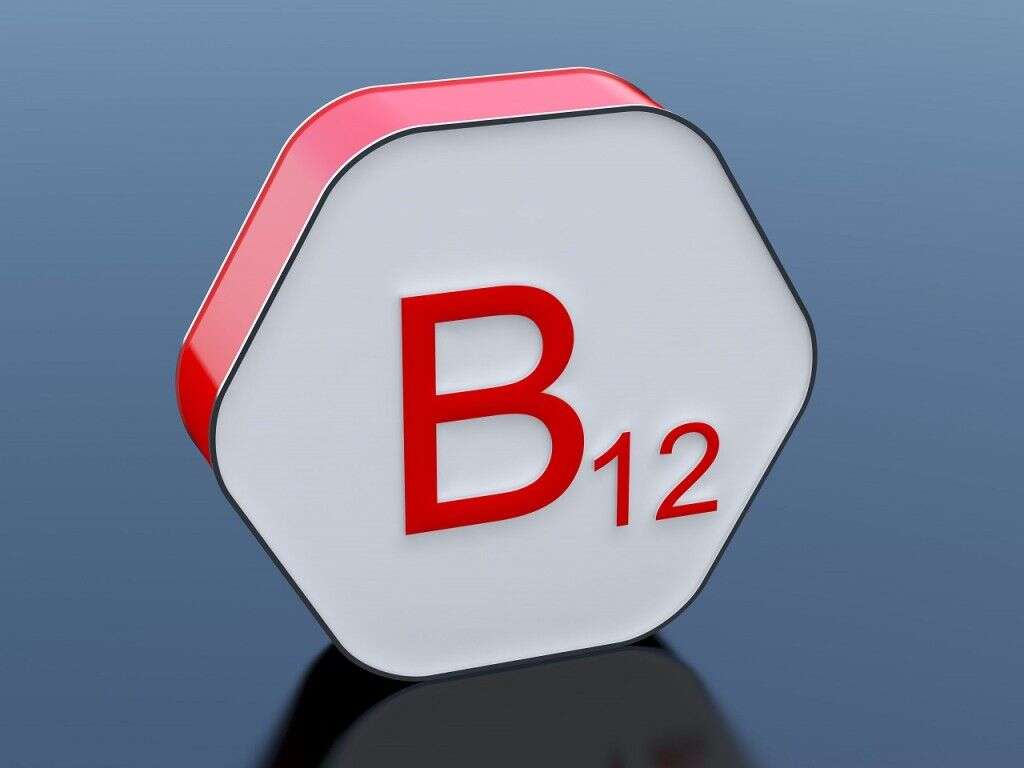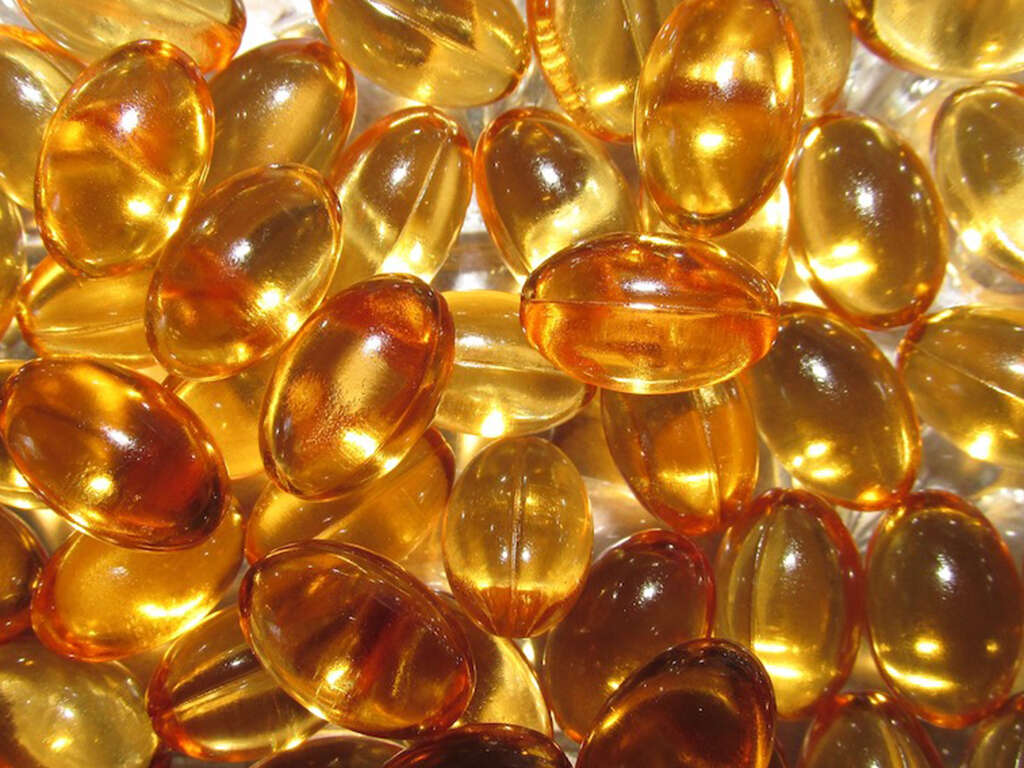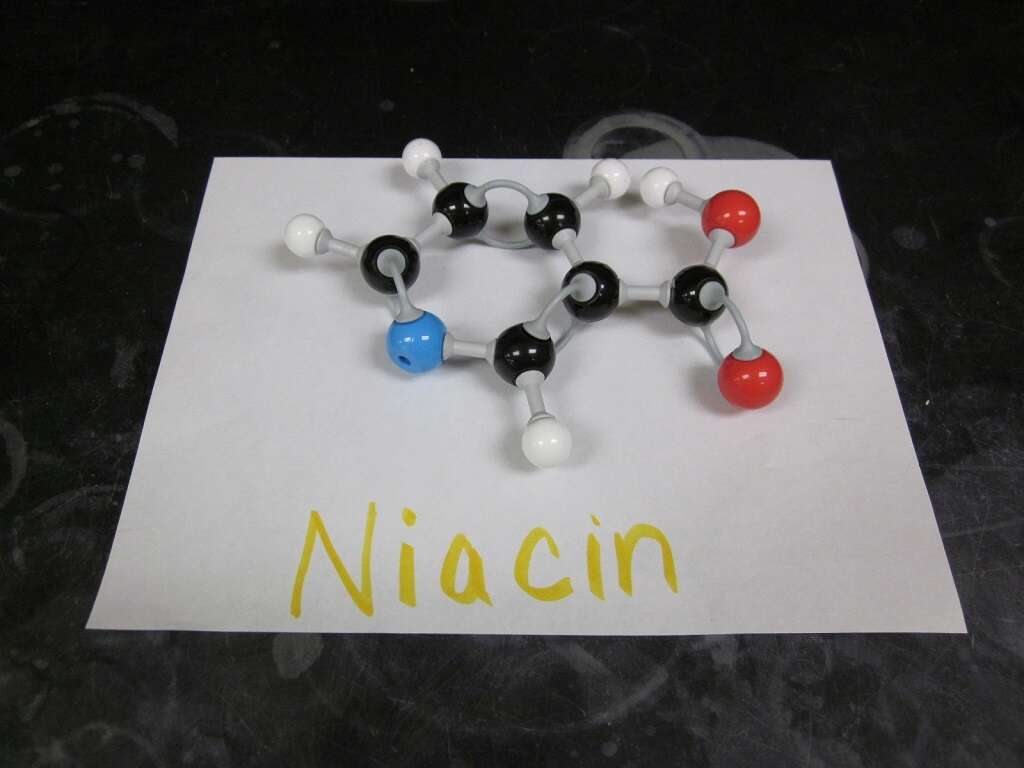Thiamine Deficiency Signs, Symptoms and More
 Article Sources
Article Sources
- 1. Osiezagha, Kenneth C, et al. 'Thiamine Deficiency and Delirium.' Innovations in Clinical Neuroscience, Matrix Medical Communications, Apr. 2013, www.ncbi.nlm.nih.gov/pmc/articles/PMC3659035
- 2. Liu M;Alimov AP;Wang H;Frank JA;Katz W;Xu M;Ke ZJ;Luo J; 'Thiamine Deficiency Induces Anorexia by Inhibiting Hypothalamic AMPK.' Neuroscience, U.S. National Library of Medicine, pubmed.ncbi.nlm.nih.gov/24607345.
- 3. Hammond, Nancy, et al. 'Nutritional Neuropathies.' Neurologic Clinics, U.S. National Library of Medicine, May 2013, www.ncbi.nlm.nih.gov/pmc/articles/PMC4199287
- 4. BL;, Gratton SM;Lam. 'Visual Loss and Optic Nerve Head Swelling in Thiamine Deficiency without Prolonged Dietary Deficiency.' Clinical Ophthalmology (Auckland, N.Z.), U.S. National Library of Medicine, pubmed.ncbi.nlm.nih.gov/24899800
- 5. BL;, Gratton SM;Lam. 'Visual Loss and Optic Nerve Head Swelling in Thiamine Deficiency without Prolonged Dietary Deficiency.' Clinical Ophthalmology (Auckland, N.Z.), U.S. National Library of Medicine, pubmed.ncbi.nlm.nih.gov/24899800
Feeling Weaker Than Usual
Muscle weakness is another symptom of thiamine deficiency. The weakness is caused by cells having difficulty obtaining energy from food. It may also be related to nerve damage from the deficiency.
If muscle weakness is caused by thiamine deficiency, supplementing with this nutrient will help improve the symptoms, and most people find that their strength starts returning. It may take a while to get back up to full strength, but the more promptly thiamine deficiency is managed, the faster the recovery is likely to be.
Advertisement










